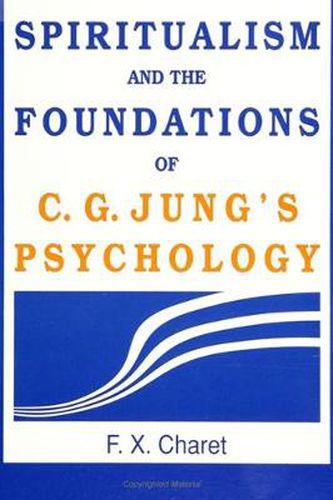Readings Newsletter
Become a Readings Member to make your shopping experience even easier.
Sign in or sign up for free!
You’re not far away from qualifying for FREE standard shipping within Australia
You’ve qualified for FREE standard shipping within Australia
The cart is loading…






Charet uncovers some of the reasons why Jung’s psychology finds itself living between science and religion. He demonstrates that Jung’s early life was influenced by the experiences, beliefs, and ideas that characterized Spiritualism and that arose out of the entangled relationship that existed between science and religion in the late nineteenth century. Spiritualism, following it inception in 1848, became a movement that claimed to be a scientific religion and whose controlling belief was that the human personality survived death and could be reached through a medium in trance. The author shows that Jung’s early experiences and preoccupation with Spiritualism influenced his later ideas of the autonomy, personification, and quasi-metaphysical nature of the archetype, the central concept and one of the foundations upon which he built his psychology.
$9.00 standard shipping within Australia
FREE standard shipping within Australia for orders over $100.00
Express & International shipping calculated at checkout
Charet uncovers some of the reasons why Jung’s psychology finds itself living between science and religion. He demonstrates that Jung’s early life was influenced by the experiences, beliefs, and ideas that characterized Spiritualism and that arose out of the entangled relationship that existed between science and religion in the late nineteenth century. Spiritualism, following it inception in 1848, became a movement that claimed to be a scientific religion and whose controlling belief was that the human personality survived death and could be reached through a medium in trance. The author shows that Jung’s early experiences and preoccupation with Spiritualism influenced his later ideas of the autonomy, personification, and quasi-metaphysical nature of the archetype, the central concept and one of the foundations upon which he built his psychology.